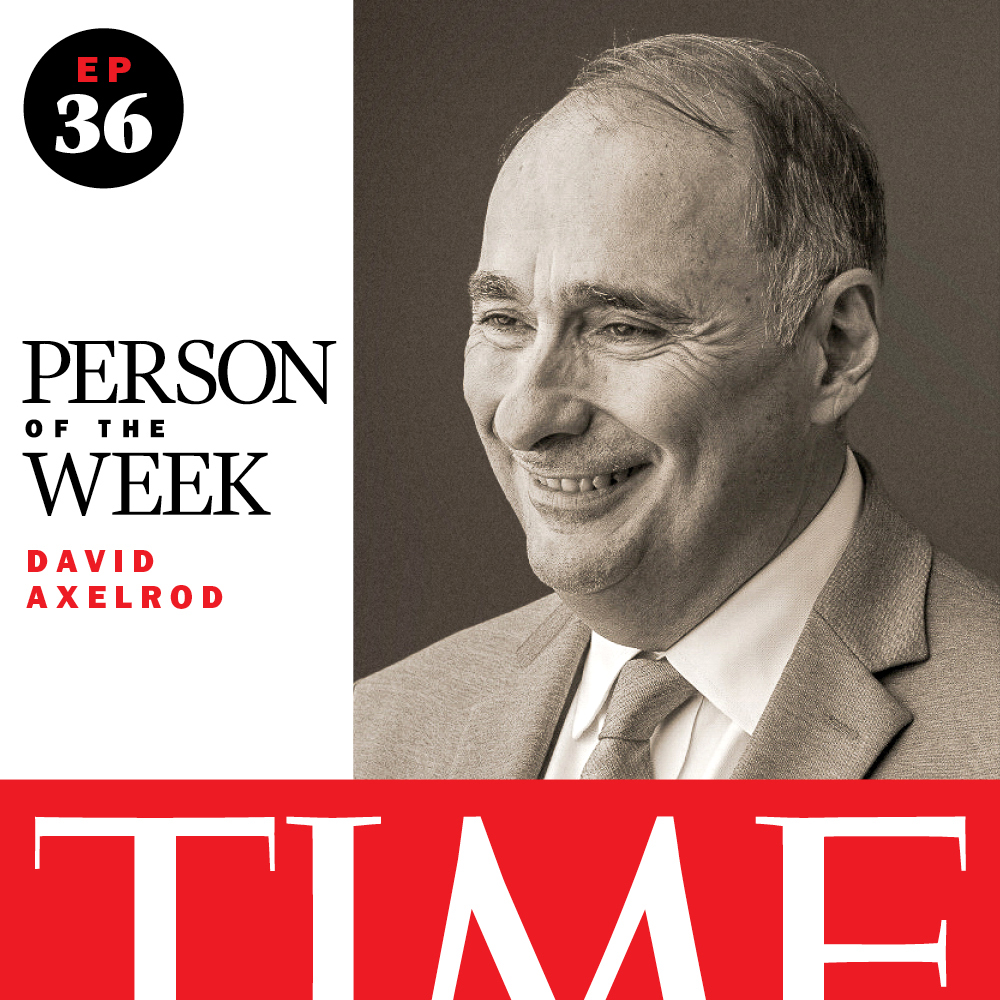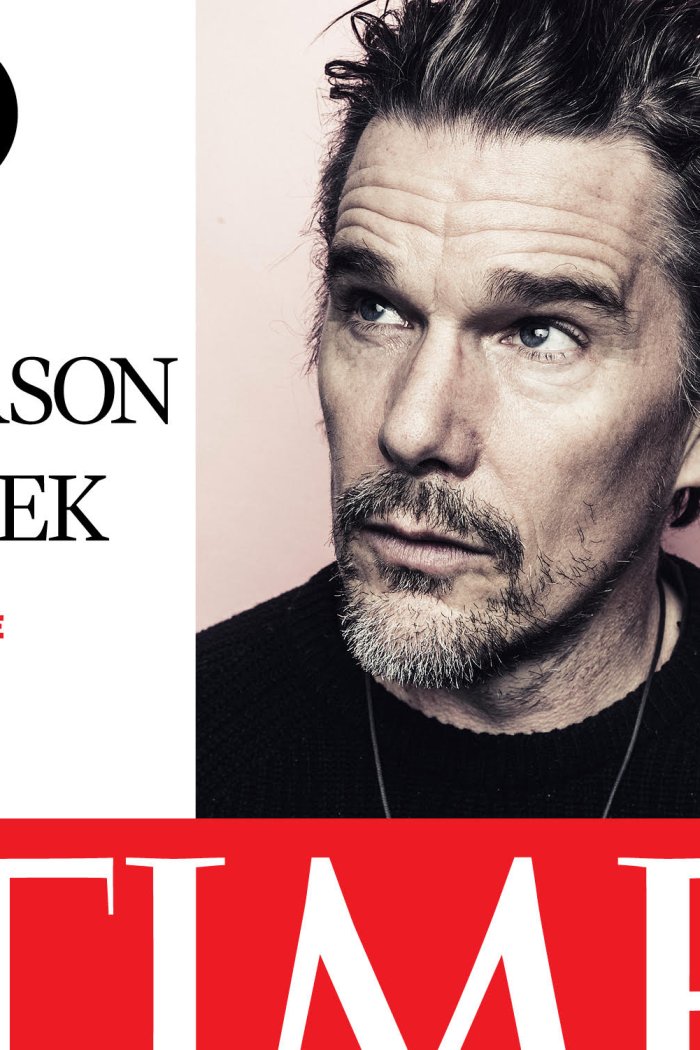Few people know more about American politics than David Axelrod. As Barack Obama’s chief strategist and senior advisor, Axelrod helped to run his 2008 and 2012 presidential campaigns, and knows better than most how a President gets re-elected. Now, as President Biden ramps up for a general election rematch against Donald Trump, Axelrod is the perfect person to help us understand the contours of this presidential election.
Alexrod is also the founding director of the University of Chicago’s nonpartisan Institute of Politics, a senior political commentator for CNN, and host of the Axe Files, which is one of my personal favorite podcasts. He’s also the author of a bestselling memoir: Believer: My Forty Years in Politics.
Axelrod and I spoke about his pivot from journalism to politics, what he’s learned about how to run a successful re-election campaign, and what President Biden needs to do to beat Donald Trump in November.
Tune in every Thursday, and join us as we continue to explore the minds that shape our world. You can listen to the full episode here, but here are a handful of excerpts from our conversation, which have been condensed and edited for clarity.
On the moment that made him care about politics:
On October 27th of 1960, John F. Kennedy came to Stuyvesant Town in the middle of the day. It was 12 days before the election, and he made 10 campaign stops in New York City. None of them for money, because New York was a swing state back then.
And he came to Stuyvesant Town, and here he was a young war hero. It was the middle of the day, my mother was at work and this woman, this wonderful woman who looked after me took me out and put me on top of a mailbox, and I watched JFK give a speech, and I watched how people, responded to him and, you know, the flags and just his voice booming off the building.
And I was just completely entranced by this. I thought this seems really important. And that was kind of a seminal event in my life, and I followed him religiously, and his brother Bobby.
And he said one thing that actually, I don’t know if I subconsciously intuited what that meant, but he said: ‘I’m not here to say that if you elect me, everything will be good.’ He said: ‘Being an American citizen in the 1960s is a hazardous occupation filled with peril and also hope.’ And he said: ‘We’ll decide which path we take in this election.’
And the translation of that, in my mind is: Politics is the way we in a democracy can grab the wheel of history and steer it in the direction that we think is best for our country and for the future. And that seemed like an awesome power to have. This process seemed very vital. You know, his brother [Bobby] said: ‘The future is not a gift, it’s an achievement.’ Which I thought was so profound. And politics was the way you work on creating the future, that we’re not just flotsam and jetsam on the waters of history, but we can actually row.
On why Trump’s indictments helped his campaign:
You cannot overestimate the impact of these indictments within the Republican party. Each time one of these indictments happen, people say, ‘Well, jeez, he’s not going to survive that.’ How many times in the career of Donald Trump are we going to say, ‘Well, he can’t survive this, he can’t survive that.’
The impact was it made him indomitable within the Republican primaries. And that sense of indomitability is what’s propelling him. Both his resilience in winning primary after primary and his resilience in resisting and fighting these legal battles, I think, have rebuilt this aura of: The indomitable guy.
And in this particular race, if you look at what they believe is Biden’s greatest weakness, it’s weakness. It’s this perception of weakness. I mean, if you really boil the Republican message down, their real message is that the world’s out of control and Biden’s not in command.
That’s their message. And Trump has been pumped up through this last year and a half. I mean, he was at a weak point after the midterms when he was being blamed for Republican losses, but these indictments in some ways saved him, and allowed him to rebuild his base within the Republican party.
And that puts him in a position to win. Not saying he’s going to. But he’s in a much stronger position than anyone would have imagined.
On how Obama’s 2012 re-election campaign compares to Biden’s 2024 re-election campaign:
First of all, he wasn’t running against Donald Trump, who is a deeply flawed candidate. And ultimately Biden, I think, can win this race because of Trump’s flaws. But he also, you know, Mitt Romney, for whom I have a great deal of respect, was not as dynamic a candidate as Trump is. So it was entirely different thing.
The thing that was the same was that we were coming through the worst economic crisis since the Great Depression, and there was still such an overhang from it in terms of homes lost, jobs lost. And so even though we were making progress, people really didn’t want to hear that. We had to really think hard about the story we wanted to tell about the economy, because the economy was going to define that election.
I think I saw some of what I was looking for in [Biden’s] State of the Union speech, and I’m not talking about energy, although that was essential. I think what [Biden] mostly accomplished in his State of the Union speech was to quell the nerves of a lot of anxious Democrats.
But the bigger thing was messaging. I think that the agenda that he outlined was very much focused on the cost of living and the viability of middle class families. I think that is where he needs to go, and he needs to hammer away at that. And in that sense, it’s the same as 2012.
The thing that worries me is that he seems determined to want to get credit for, as he said in the speech, the greatest economy in the world. Well, it may be the greatest economy in the world, but if people aren’t feeling it, you can’t jawbone them into feeling it. And the reason they’re not feeling it is costs.
So at least give a disclaimer saying it doesn’t matter how high the stock market goes. It doesn’t matter whether our unemployment numbers are stellar. None of this matters if people go to the store and feel they can’t afford their groceries, if people can’t afford their rent or their mortgage. That is where I think he needs to spend a lot of time.
I mean, no one cares more about this issue of democracy than me. I think that Donald Trump, his kind of casual sundering of rules and laws and norms and institutions is a death knell for democracy. If we were to follow him down that trail, we saw what it leads to. That said: if you’re sitting around the kitchen table talking about the future of democracy, it’s probably because you don’t have to worry about how much those groceries cost that you’re eating.
- Cybersecurity Experts Are Sounding the Alarm on DOGE
- Meet the 2025 Women of the Year
- The Harsh Truth About Disability Inclusion
- Why Do More Young Adults Have Cancer?
- Colman Domingo Leads With Radical Love
- How to Get Better at Doing Things Alone
- Michelle Zauner Stares Down the Darkness


